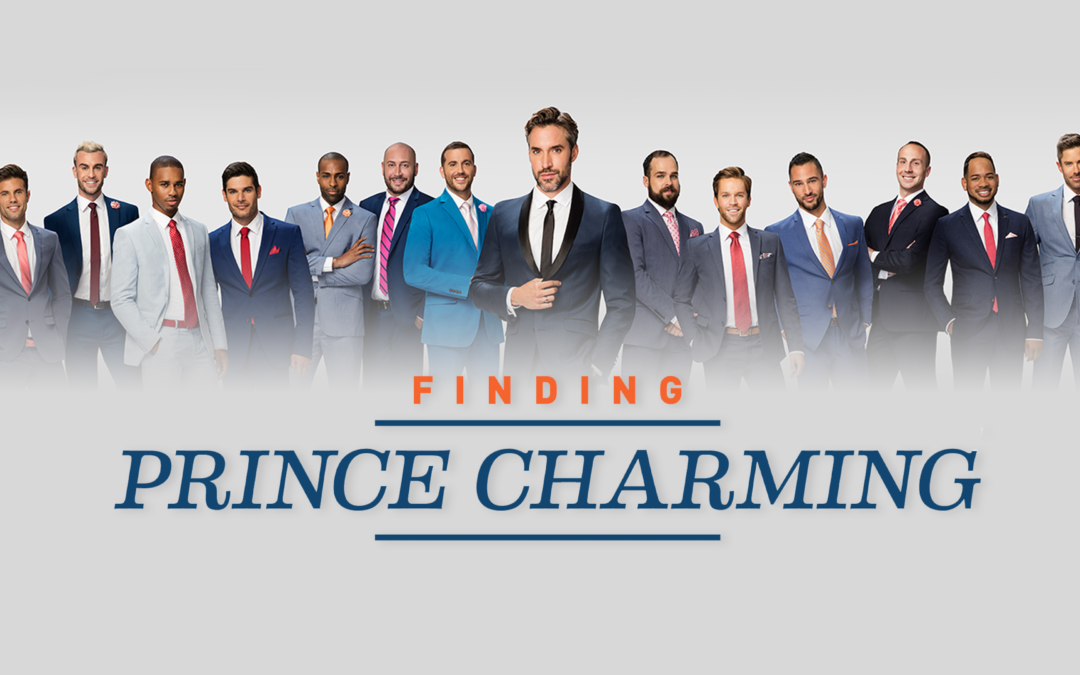Poland’s first ever gay dating show will be aired later this year. Broadcaster TVN says it hopes the programme can help to “change stereotypes” in a country that has in recent years been ranked as the worst in the EU for LGBT people following a government-led anti-LGBT campaign.
The show will be a Polish version of Finding Prince Charming, in which a group of suitors compete over one bachelor. It is set to air on Player.pl, a video-on-demand service owned by TVN, Poland’s largest private network, which is itself a subsidiary of American firm Discovery Inc.
Filming will take place in Spain this summer, featuring 13 contestants, some of whom were found through Instagram, reports Gazeta Wyborcza. The show will be hosted by travel blogger Agnieszka “Aggie” Lal, with the premiere scheduled to take place later this year.
“We will try to fight [negative stereotypes] and show that, whatever your sexual orientation is, everyone wants to love, everyone wants to be happy, to be in a relationship, to hug someone,” said Lal, speaking on TVN.
The format of Finding Prince Charming is based on popular dating show The Bachelor, in which contestants are eliminated each episode until the bachelor chooses one candidate to try a relationship with.
The gay version of the show was first broadcast on American cable network Logo in 2016, and has since led to spin-off series in Germany, Denmark and the Netherlands.
Player.pl is one of Poland’s leading streaming services, with its website visited by over four million users in March this year. TVN says that the service produces content which “takes up important and not always obvious topics, or boldly breaks social taboos”.
“We believe that the Finding Prince Charming format…can change stereotypes, open up and sensitise us, but also provide our audience with good entertainment,” the company added in a statement quoted by Wirtualne Media. It is yet to be decided if the series will also be shown on TVN’s main broadcast channels.
Some Polish TV series have previously featured portrayals of the LGBT community, although representation has been limited so far, notes Gazeta Wyborcza. Polish dating programmes, including the Polish version of “Love Island” and “Paradise Hotel”, only feature heterosexual couples.
In 2017, Jacek Kurski, the CEO of public broadcaster TVP and a former politician from the national-conservative ruling Law and Justice (PiS) party, said he would not allow same-sex dating shows to be broadcast on the channels he runs, claiming they would violate the constitution.
“We are public television and we have to follow certain rules, which are firmly expressed both in the constitution and in the law,” he said. He appeared to be referring to a section of the constitution that describes marriage as “being a union of a man and a woman”. However, the document does not preclude same-sex relationships.
Over the last two years, the PiS government, along with the Catholic church in Poland, has led a strident anti-LGBT campaign, claiming that the country is threated by “LGBT ideology” which is being imported from western countries with the aim of undermining traditional values.
TVP, which has become a mouthpiece for the ruling party, in 2019 aired a documentary entitled Invasion that claimed to reveal that reveal the “aims, methods and money” behind Poland’s LGBT community
The education minister claims that “LGBT ideology comes from the same roots as Nazism” and that its adherents “are not equal to normal people” so we should “stop listening to this idiocy about human rights or equality”. A large number of local authorities, usually under PiS control, have declared themselves free from “LGBT ideology”.
Poland has been ranked as the worst country in the EU for LGBT people for the last two years in the Rainbow Europe index produced annually by ILGA-Europe, a Brussels-based NGO that advocates for LGBT rights
Main image credit: Logo (promotional material)

Juliette Bretan is a freelance journalist covering Polish and Eastern European current affairs and culture. Her work has featured on the BBC World Service, and in CityMetric, The Independent, Ozy, New Eastern Europe and Culture.pl.




















